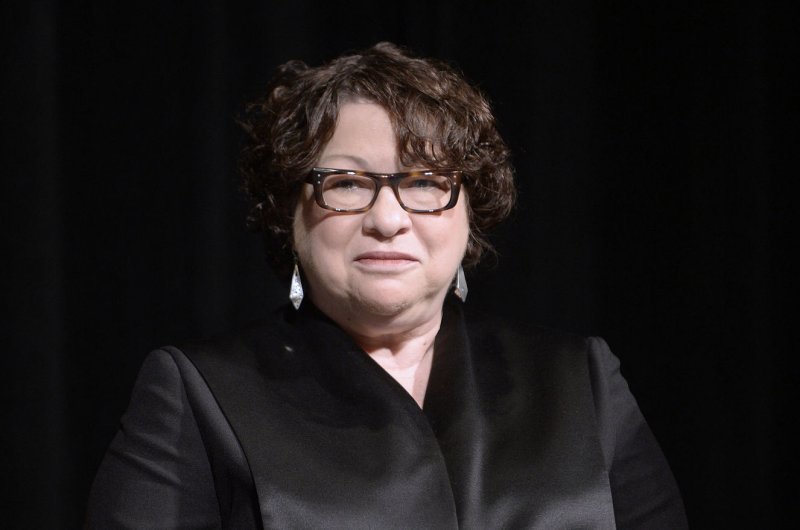WASHINGTON, June 21 (UPI) -- Supreme Court Justice Sonia Sotomayor issued a fierce dissent Monday to a ruling in a Fourth Amendment case, arguing that the 5-3 majority opinion will allow police to stop citizens in ways that "corrode all our civil liberties and threaten all our lives."
The case involved a Utah man who contested his arrest for a stop by police that was ruled unlawful. The high court ruled that evidence found on the man, Edward Strieff, could be used as evidence, even if the search of his person violated the Fourth Amendment ban on unreasonable searches and seizures.















